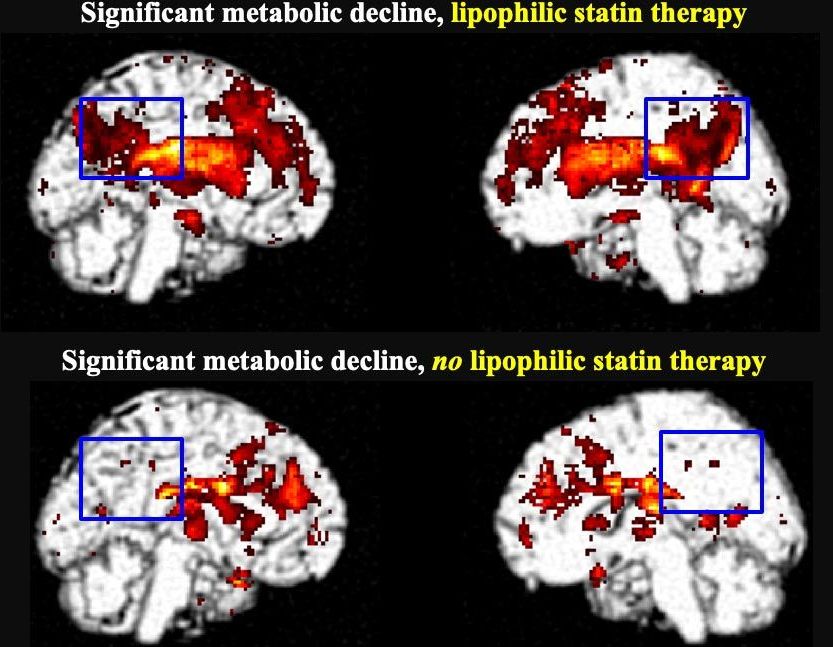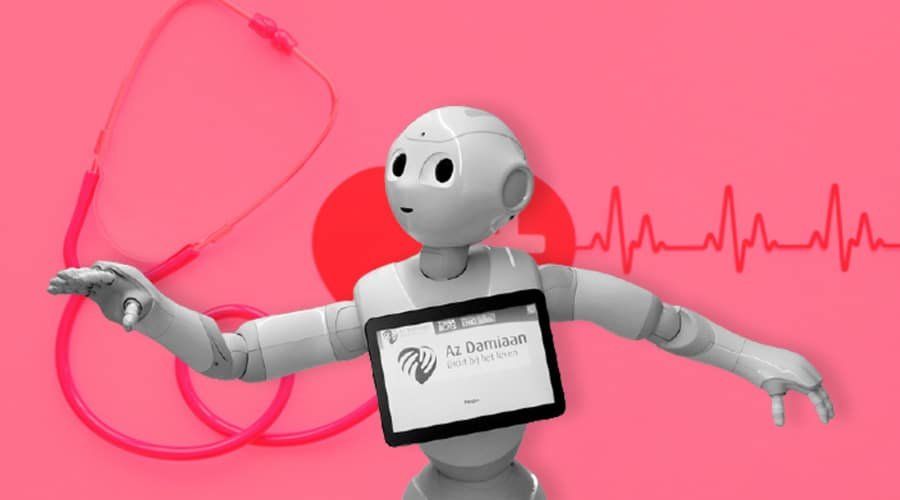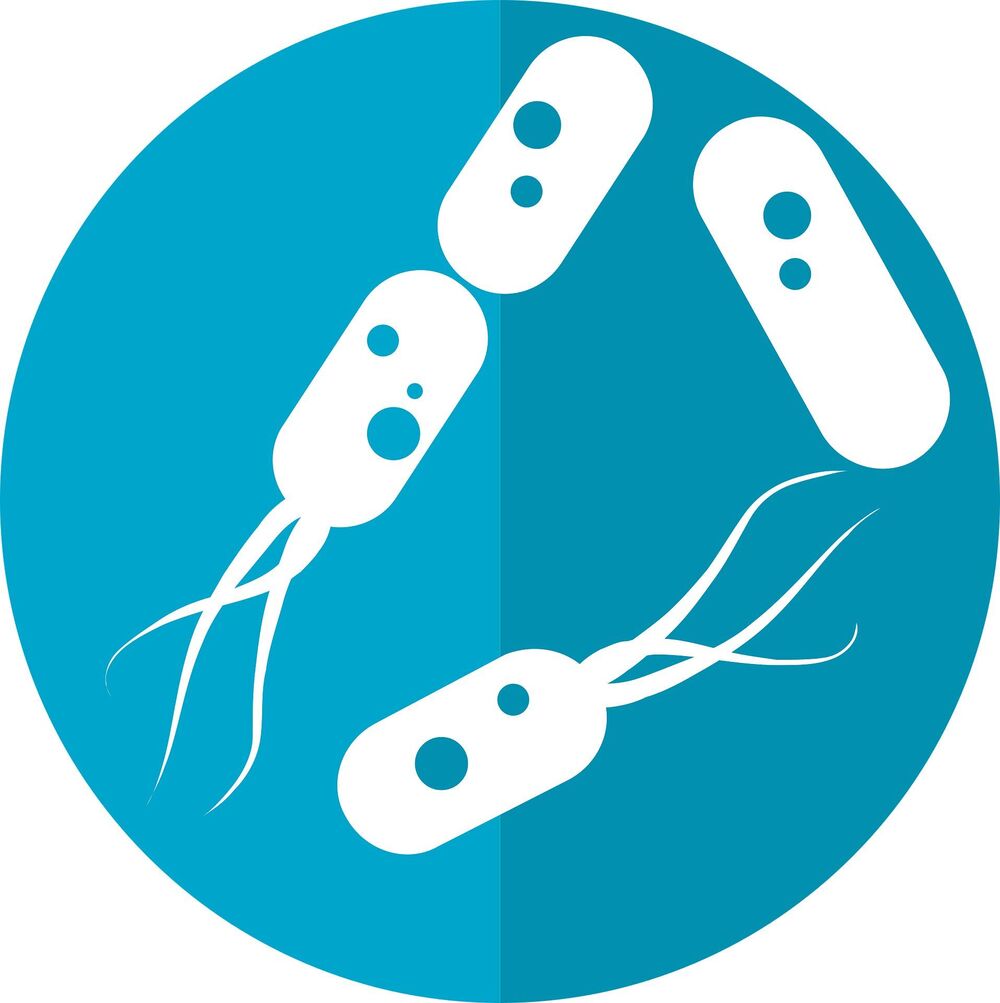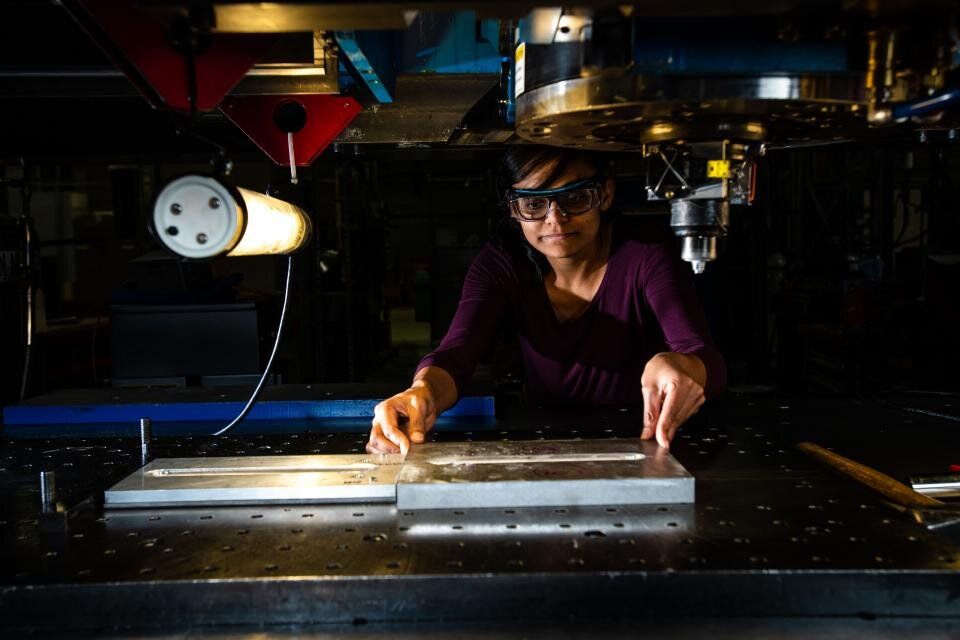Jun 28, 2021
Statins Used to Lower Cholesterol Linked to Doubled Risk of Developing Dementia
Posted by Jason Blain in categories: biotech/medical, health, neuroscience
If concerned, speak to your physician.
In patients with mild cognitive impairment, taking lipophilic statins more than doubles their risk of developing dementia compared to those who do not take statins. According to research presented at the Society of Nuclear Medicine and Molecular Imaging 2021 Annual Meeting, positron emission tomography (PET) scans of lipophilic statin users revealed a highly significant decline in metabolism in the area of the brain that is first impacted by Alzheimer’s disease.
Statins are medications used to lower cholesterol and reduce the risk of heart attack or stroke. They are the most commonly used drugs in the developed world, and nearly 50 percent of Americans over age 75 use a statin. Different types of statins are available based on a patient’s health needs, including hydrophilic statins that focus on the liver and lipophilic statins that are distributed to tissues throughout the body.
Continue reading “Statins Used to Lower Cholesterol Linked to Doubled Risk of Developing Dementia” »


















